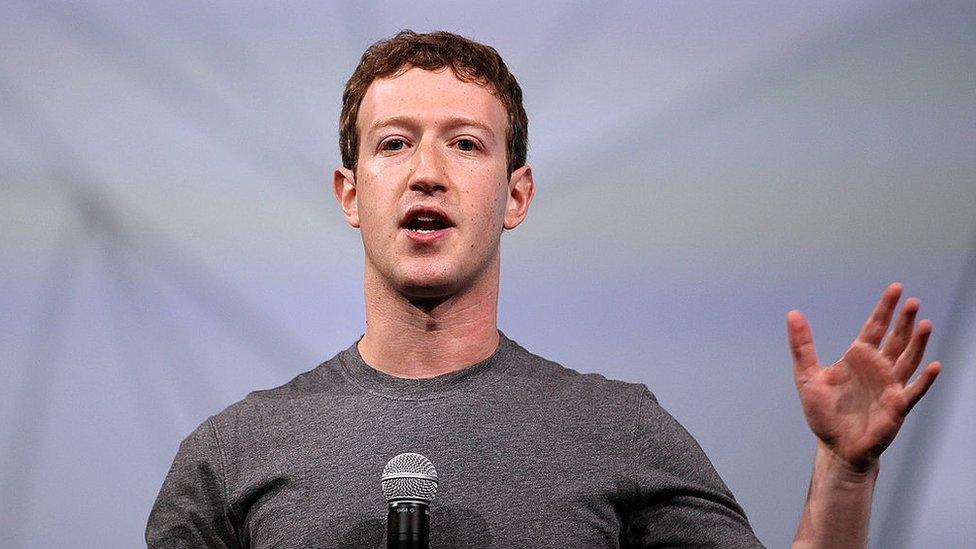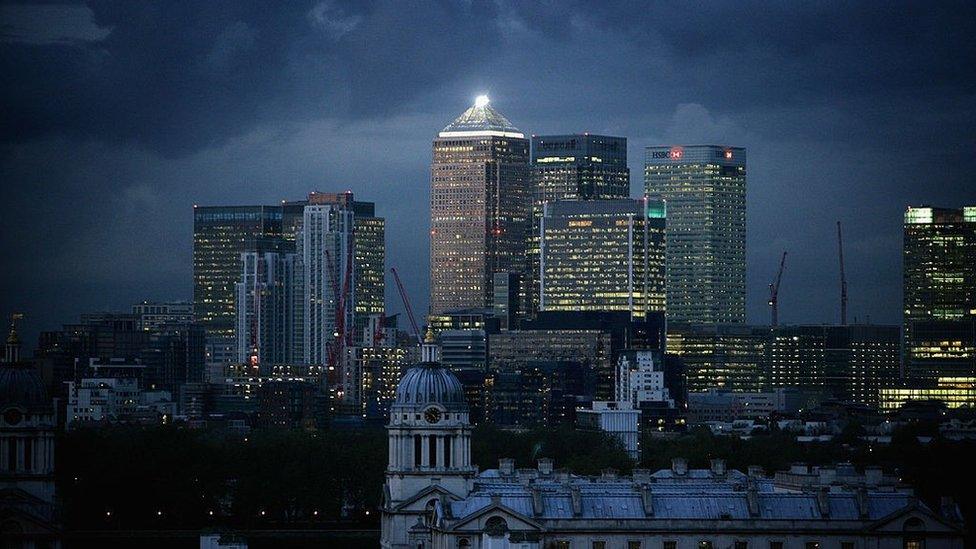Has the UK got Tech Talent?
- Published

Across BBC News outlets this week, under the banner Tech Talent, we are asking whether the UK can compete in the global technology industry - and why we haven't produced a tech giant on the scale of Google or Apple. Here are my thoughts on those questions.
In the last ten days I've met the founder of a British games company which is still independent after a quarter of a century, and about to launch one of Sony's first virtual reality titles.
I've attended a celebration to mark the extraordinary success of the Raspberry Pi, a tiny computer created in Cambridge to teach children to code, which has now achieved global sales of ten million.
And I've had a demo of the latest products from a fledgling company called Chirp, created by a University College London scientist to transmit data via an audio signal.
All of these are examples of a thriving British technology landscape. So why, over nearly 20 years of covering the tech scene, do I keep getting asked the same thing - where is the UK's Google?
When is a British Mark Zuckerberg coming along? And before that it was "where is our Apple or Microsoft?"

Is there a British Mark Zuckerberg coming along?
Actually, it's not just in the UK that you hear that question.
It's asked in Germany and France, and in Israel, home to a thriving tech startup scene. Heaven knows - it's even asked in New York and Boston.
Everyone, everywhere, wants to be like Silicon Valley and can't quite work out how you pull it off.
Entrepreneurial culture
Still - that doesn't mean we shouldn't aspire to do better. Because the last 20 years have seen us make progress towards being a hi-tech nation but only in fits and starts.
Two things - money and an entrepreneurial culture - are at the heart of sorting this out.
During the dotcom bubble of the late 1990s it looked as though we were moving forward on both fronts.

Investors were keen to back dotcom startups
It was a time of huge - even insane - investor optimism and cash was being thrown at any young person who showed a banker a business plan on the back of an envelope with www scrawled on it.
Meanwhile an entrepreneurial culture was taking root - starting a company was becoming cool - or at least cooler than joining an investment bank or the civil service.
Scientists at our great universities were discovering that their research could have a lucrative life outside the lab and the lecture theatre.
Boom to bust
Then the bubble went pop, as did most of the young tech companies. The trouble was that in Britain, the dotcom boom came later than in the US, but burst at the same time - so only a very few firms lived on and none on the scale of the Silicon Valley giants.

Is the City of London to blame?
And while venture capital soon recovered its confidence in the US, it was much slower to do so here.
The City has always had a reputation for short-termism, and maybe having seen so many far-fetched dotcom ideas go up in smoke in 2000, the financial world was right to look warily at the next young thruster coming along to promise to change the world with an app or a social network.
Today, the money is flowing again - though compare the millions raised by the UK taxi app Hailo with the billions at the disposal of California's Uber to understand why Silicon Valley so often comes out on top.
And, yes, a country that has seen companies like ARM and Autonomy born out of Cambridge, Grand Theft Auto maker Rockstar Games emerge from Dundee, and the brilliant artificial intelligence firm Deep Mind created in London isn't doing too badly.
Just one thing - all of those firms are now in foreign hands. Wouldn't it be nice if one day a giant British tech company could end up as the predator not the prey?